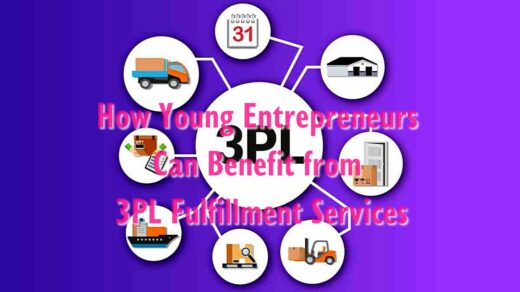As kids transition into adolescence, they reach a pivotal point in their academic journey. Navigating the complexities of the educational landscape becomes a significant challenge, and among the hurdles they encounter, math often stands out as a formidable one. Parents, acutely aware of the crucial role strong math skills play in shaping their teenager’s academic and professional future, may find themselves seeking effective ways to provide support. This guide is crafted with the intention of equipping parents with a comprehensive toolkit. It includes strategies and insights meant to actively and positively contribute to their teenager’s mathematical development.
Fostering a Positive Attitude Towards Math

The journey towards math proficiency begins with cultivating a positive attitude. Parents can facilitate this by illustrating the real-world applications of math in daily life. From budgeting and cooking to sports and technology, showcasing the relevance of math can make the subject more relatable and enjoyable. Additionally, fostering a growth mindset is essential. Encouraging teens to view intelligence and mathematical ability as qualities that can be developed through effort and perseverance promotes resilience in the face of challenges. Celebrating small wins becomes a vital component of this process, reinforcing the idea that progress, regardless of scale, deserves acknowledgment. To further enhance your child’s mathematical skills, consider exploring additional support options, such as maths tuition in Melbourne, where experienced tutors can provide personalized guidance and assistance tailored to your child’s specific needs and learning style.
Creating a Conducive Learning Environment
An optimal learning environment at home can significantly impact a teen’s math journey. Designating a specific study space that is well-lit, organized, and free from distractions enhances focus and concentration during study sessions. Encouraging regular breaks acknowledges the mental demands of math study sessions, preventing burnout and promoting sustained concentration. Equally important is ensuring that teens have access to the necessary resources. Collaborating with teachers to stay informed about the curriculum and supplementing it with additional resources, such as textbooks, online tutorials, and educational apps, sets the stage for comprehensive learning.
Effective Communication and Collaboration

Open communication between parents and teens is paramount. Regular check-ins about math coursework can unveil challenges early on and provide opportunities for assistance. Furthermore, collaboration with math teachers establishes a support network. Attending parent-teacher conferences, participating in school events, and maintaining an ongoing dialogue ensure that parents are well-informed about their teen’s progress. This collaborative approach allows for timely identification and resolution of any issues that may impede the teen’s mathematical journey.
Engaging Math-Related Activities
Transforming math from a daunting task to an exciting exploration involves incorporating engaging activities. Math games, puzzles, and online resources can make learning enjoyable while enhancing problem-solving skills and critical thinking. Real-world experiences, such as measuring ingredients during cooking or calculating discounts while shopping, provide practical applications that reinforce classroom learning. Math-related field trips, whether to science museums or participation in workshops, offer a hands-on approach, making math more tangible and inspiring a deeper appreciation for the subject.
Active parental involvement in supporting teenagers with their math skills encompasses fostering a positive attitude, creating an optimal learning environment, effective communication, and engaging activities. By implementing these strategies, parents can play a pivotal role in their teen’s academic success, instilling not just proficiency in math but also a lifelong love for learning and problem-solving. The goal is to equip teenagers with the skills and mindset necessary for future challenges, ensuring they approach the world with confidence and competence.




